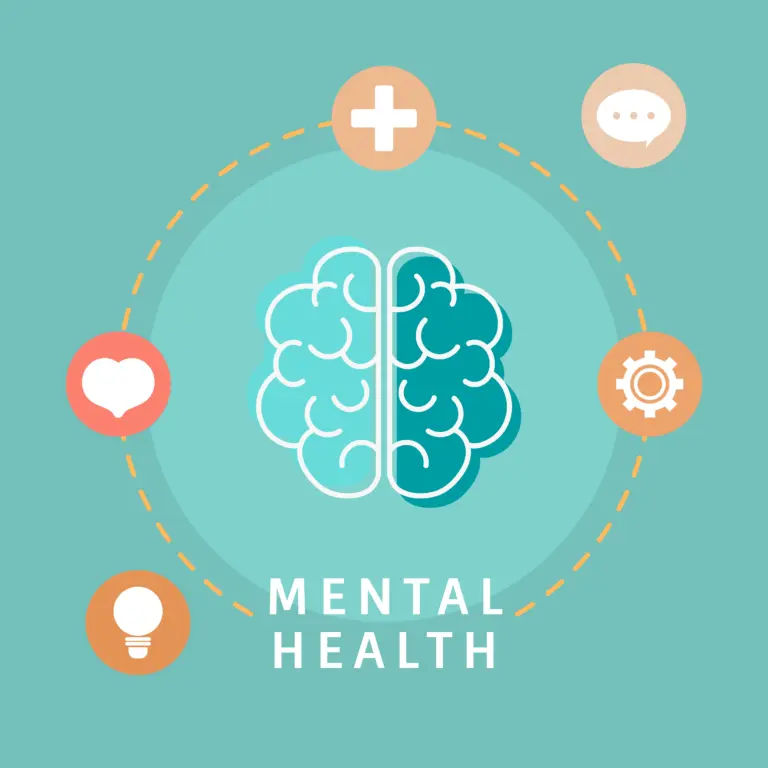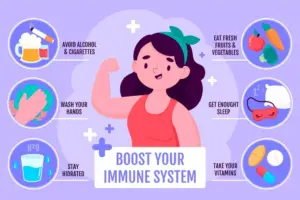
It’s no secret that our physical health is deeply connected to what we eat. But did you know that your diet can significantly influence your mental health too? Various studies suggest a strong link between our dietary habits and our mental well-being. This means the food you eat can either support your mental health or contribute to anxiety, depression, and mood fluctuations. In this blog, we’ll explore three key diet tips that can help nourish your mind and boost your mental health.
1. Balance Your Blood Sugar
Blood sugar levels can have a significant impact on your mood and energy. If your blood sugar dips too low (hypoglycaemia), you might feel tired, irritable, or even depressed. Consuming high-sugar foods can cause a rapid increase in blood sugar, followed by a sudden drop, leading to these symptoms.
Here’s how to keep your blood sugar levels balanced:
- Choose complex carbohydrates: Foods like whole grains, fruits, vegetables, and legumes are rich in fiber. They digest slower, providing a steady release of energy and preventing sudden blood sugar spikes and crashes.
- Combine protein with carbohydrates: Protein helps slow down the absorption of sugar into your bloodstream. Eating a combination of protein and carbs can help keep your energy levels stable.
- Limit sugary drinks and snacks: Sugary foods and beverages cause a rapid spike and subsequent crash in blood sugar levels. Opt for water, unsweetened tea, or homemade fruit-infused water instead.
2. Boost Your Intake of Brain-Healthy Nutrients:
Certain nutrients play a vital role in brain health and can help support mental well-being. Let’s look at a few:
- Omega-3 fatty acids: These essential fats are critical for brain health. A lack of Omega-3s in your diet can lead to mood swings and depression. Foods rich in Omega-3 include fatty fish like salmon, flaxseeds, chia seeds, walnuts, and fortified eggs.
- B Vitamins: B vitamins, particularly B-12 and Folate, are important for nerve function and the production of DNA and red blood cells, and a lack of them can lead to depression. They can be found in lean meats, dairy, whole grains, and leafy green vegetables.
- Vitamin D: Often known as the ‘sunshine vitamin,’ a deficiency in Vitamin D can cause mood disorders, including depression and seasonal affective disorder (SAD). While sunlight is the best source, you can also get Vitamin D from fatty fish, fortified dairy products, and supplements.
Remember, your brain needs a mix of nutrients to stay healthy and function well, just like the other organs in your body. Consulting a nutritionist is a great way to build a diet that’s good for your physical health and is also good for your mental health.
3. Stay Hydrated
Dehydration can cause a variety of physical symptoms, from headaches to fatigue, which can negatively affect your mood. The recommended water intake varies depending on your age, sex, weight, and activity level, but a general rule is to drink at least 8 glasses of water per day. If you’re not a fan of plain water, try infusing it with fruits or drinking herbal tea or coconut water.
A Mental Health Focused Routine
Eating a well-balanced, nutritious diet won’t cure mental health problems, but it can help improve your mood, give you more energy, and help you think more clearly. The right diet is the key to nourishing your body and mind. Remember to start small, plan, and build a consistent routine.
With Chase Lodge Hospital, you can transform your well-being with optimal nutrition. Consult one of our experienced healthcare experts and make an appointment today. Our dedicated team will be happy to discuss your requirements and recommend the most suitable consultant.



